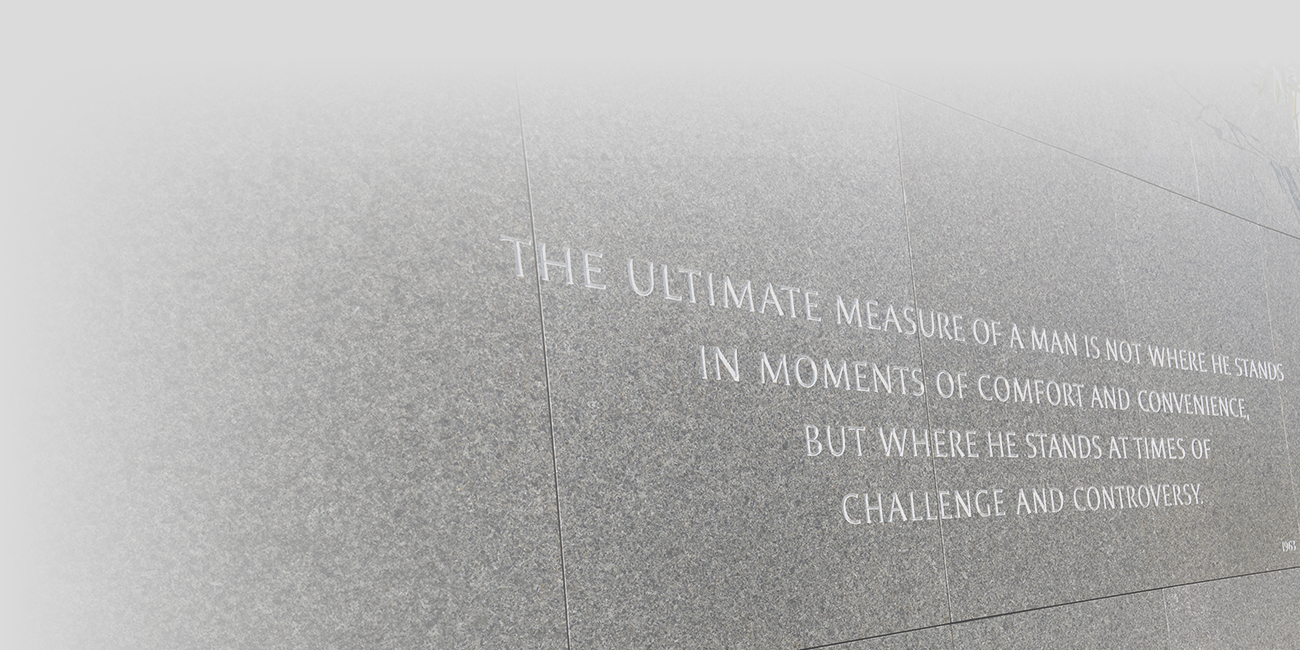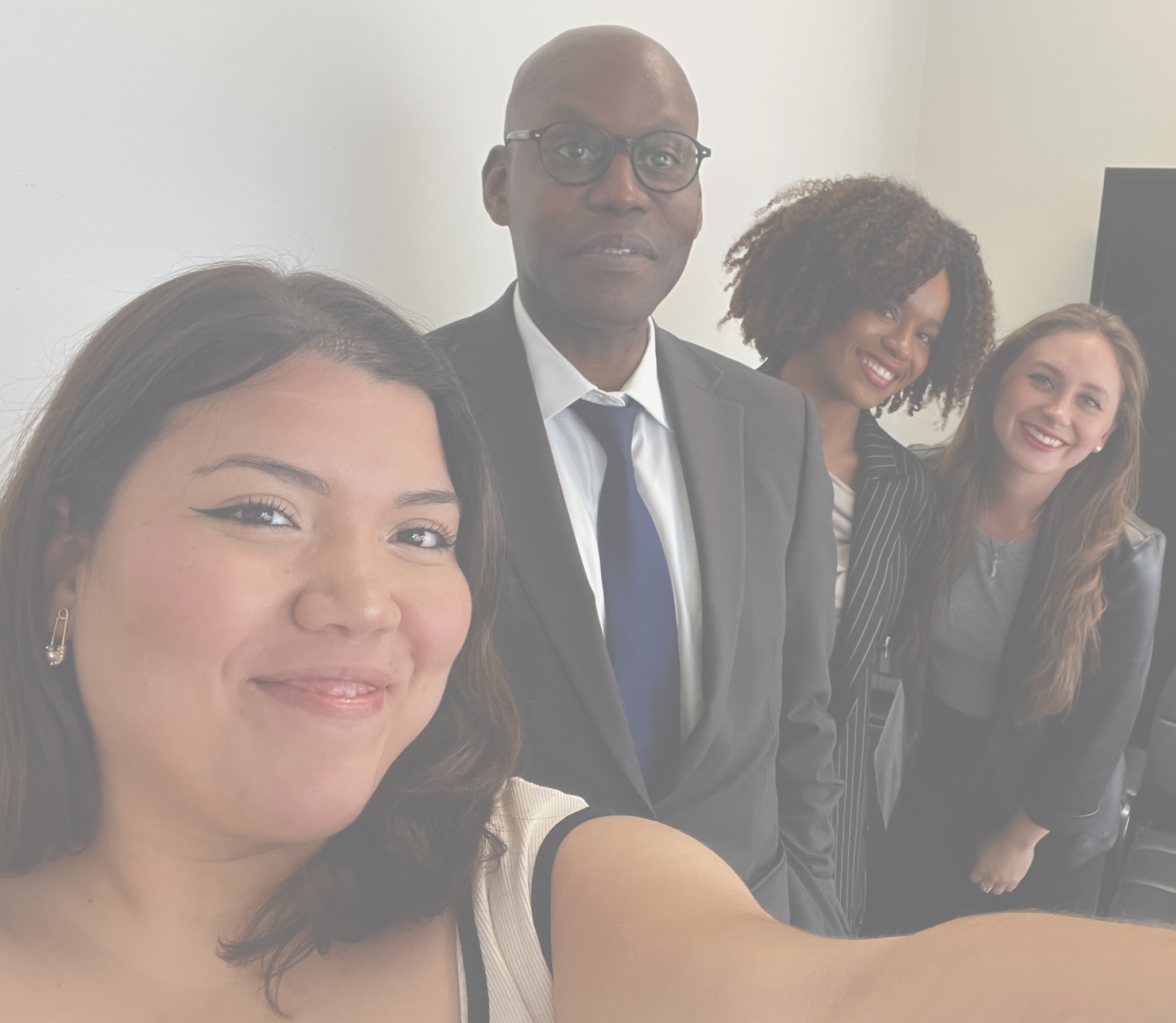Determined,
Prepared







Sykes & Associates is a New York–based civil litigation and trial firm dedicated to protecting the rights, safety, and dignity of everyday people. Whether the harm you suffered comes from a serious accident or an abuse of power, our work is grounded in one core mission: holding wrongdoers accountable through the civil justice system.
For over 20 years, we have represented clients across New York City, the five boroughs, and the Lower Hudson Valley in cases involving:
While these matters involve different circumstances, they all require the same skill set: strong advocacy, strategic litigation, and trial-ready representation. Our firm has successfully represented thousands of clients and secured justice in cases ranging from catastrophic injury to workplace discrimination and abuse.
We stand firmly on one principle: if you have been harmed, mistreated, or denied your rights, we will fight to make it right.
When life takes an unexpected turn due to an accident or injury, you need a legal team that understands your pain and fights tirelessly for your rights. Sykes & Associates is dedicated to providing compassionate and effective legal representation for personal injury victims. Our Experienced New York Personal Injury Attorneys are committed to helping you navigate the complexities of your case, ensuring you receive the justice and compensation you deserve.
Sykes & Associates is well recognized as a champion for justice and equality. We are committed to defending the fundamental rights and freedoms of individuals and communities. Our dedicated team of Civil Rights Attorneys in New York work tirelessly to ensure that every person receives fair and equal treatment under the law. Whether you have faced employment discrimination, police misconduct, wrongful termination, or any other civil rights violation, the Civil Rights Attorneys of Sykes & Associates are here to protect your rights and fight for justice.
At Sykes & Associates, we are more than just attorneys; we are your advocates. We understand the physical, emotional, and financial toll an injury can take on you and your family. That’s why we are committed to providing not only top-notch legal representation but also the support and guidance you need during this challenging time.
At Sykes & Associates, we believe that every individual deserves to be treated with dignity and respect. Our mission is to hold those in power accountable and to create lasting change through legal advocacy. We are dedicated to making a positive impact in the lives of our clients and in our community.
Tort law is the subject matter that forms the foundation of our practice. A tort is a wrongful act that injures another person or interferes with their property. Tort law aims to redress the wrongdoing and compensate the victim, usually by awarding monetary damages.
There are three general categories of torts: intentional, negligence, and strict liability.
Intentional torts are harms or injuries caused by another’s willful misconduct. Examples of intentional torts include battery, assault, false imprisonment, trespass to land, trespass to chattels, and intentional infliction of emotional distress.
Negligent torts are harms or injuries caused by another’s failure to exercise a reasonable standard of care, that is, the level of care that a reasonable person would have exercised under similar circumstances. Negligent torts can encompass a wide range of situations, such as car accidents caused by reckless driving, medical malpractice resulting from a doctor’s negligence, or “slip and fall” accidents due to a property owner’s failure to maintain safe premises.
Finally, unlike negligence and intentional torts, strict liability torts are not concerned with the culpability of the person doing the harm. Instead, such cases focus on the act itself. A prime example of a strict liability tort is products liability, which permits a plaintiff injured by a defective product to recover damages from the manufacturer of that product regardless of the level of care exercised or their intentions.
At Sykes & Associates, our practice covers all three categories of torts: intentional, negligence, and strict liability. We have experience in all three areas and have successfully won large damages awards on behalf of our clients. In addition to the above-mentioned torts, Sykes & Associates has built a solid reputation for its civil rights practice based on constitutional torts. While state law largely governs the three previously discussed categories of torts, federal law is invoked when the wrongdoing violates or infringes upon one’s constitutional rights.
A constitutional tort is a violation of one’s constitutional rights by a government employee. The alleged constitutional violation gives rise to a cause of action that is distinct from any otherwise available state tort remedy. Constitutional torts are the primary means by which violations of the U.S. Constitution are vindicated and deterred. Through damage awards, and occasionally injunctive relief, victims of constitutional violations discourage future misconduct while obtaining redress.
“Constitutional tort” is a predominantly academic term originating in the aftermath of the U.S. Supreme Court’s decision in Monroe v. Pape (1961), which held that 42 U.S.C. § 1983 provides a separate federal remedy for individuals suing state or municipal government officers who have violated their constitutional rights. The term is also used in the context of Bivens actions, which are lawsuits under federal common law for constitutional violations committed by federal government employees. As with common law torts, the usual remedy for constitutional torts is monetary damages.
The law recognizes torts as civil wrongs and allows injured parties to recover for their losses. Injured parties may bring suit to recover damages in the form of monetary compensation or for an injunction, which compels a party to cease an activity. In some cases, courts may award punitive damages along with compensatory damages to discourage further misconduct.
In the vast majority of tort cases, the court will award compensatory damages to an injured party that has successfully proven his or her case. Compensatory damages are typically equal to the monetary value of the injured party’s loss of earnings, loss of future earning capacity, pain and suffering, and reasonable medical expenses. Thus, courts may award damages for incurred as well as expected losses.
When the court has an interest in deterring future misconduct, the court may award punitive damages in addition to compensatory damages. For example, in a case against a manufacturer for a defectively manufactured product, a court may award punitive damages to compel the manufacturer to ensure more careful design/production going forward.
In some cases, injured parties may bring suit to obtain an injunction rather than monetary relief. The party seeking an injunction typically must prove that it would suffer considerable or irreparable harm without the court’s intervention.
Don’t navigate this difficult journey alone. Contact Sykes & Associates today for a free, no-obligation consultation. Let us put our expertise to work for you, so you can focus on your recovery while we handle the legal complexities.

Welcome to Sykes & Associates, where our mission is to provide exceptional legal representation with a personal touch. Based in New York, our firm proudly serves clients throughout the tri-state area and the Hudson Valley. We specialize in personal injury and civil rights cases, advocating for justice and fair compensation for our clients.
I needed an attorney to help me recover unpaid wages from an employer. I did not know where to start, so I did a Google...
He is a honest, very professional and hard working lawyer. I liked his empathy with my problem. He helped me to understand my...
I appreciate how reliable and hardworking Mr. Sykes was throughout the duration of my case. I didn’t have much hope in the...
Thanks to Sykes & Associates, I received the compensation I needed to cover my medical expenses and support my family. They...
I couldn't have asked for a better legal team. They truly cared about my case and fought hard to ensure I was treated fairly...
The attorneys at Sykes & Associates are true advocates for justice. They stood by me every step of the way and ensured my...
Mr. Sykes fought for my rights in federal court when no one else would. Yes, I consulted with about five different law firms...
New York, NY 10024
Under the PLRA, prisoners must complete the internal complaint process before filing a lawsuit in Federal Court. April 21, 2025 Sykes & Associates Law Firm A federal lawsuit under 42 U.S.C. § 1983 allows prisoners to sue state or local officials for constitutional violations. However, incarcerated...
Navigating Employment Discrimination Laws: Unveiling the Equal Pay Act’s Impact and Protections. August 16, 2023 Sykes & Associates Law Firm Introduction: In today’s workforce landscape, ensuring fair treatment and equal opportunities for all employees is paramount. Employment...
Navigating Asset Forfeiture: A Comprehensive Guide and How Law Firms Can Help August 6, 2023 Sykes & Associates Law Firm Explore the intricate world of asset forfeiture – a legal process where the U.S. Government seizes assets linked to criminal activities. Designed to...
Fill out the contact form or call us at (845) 535-4023 to book a free consultation.
